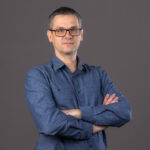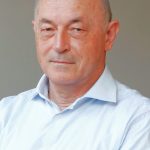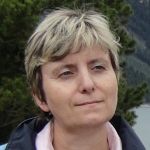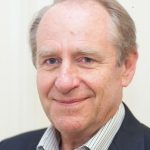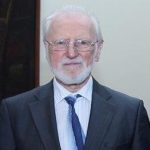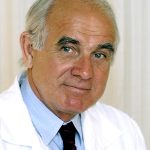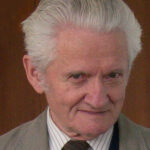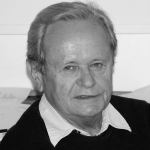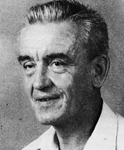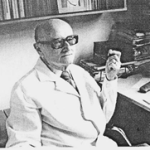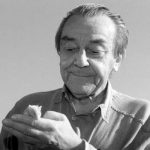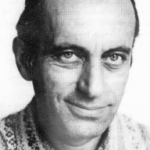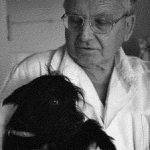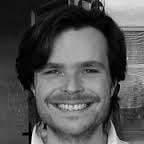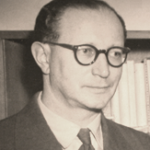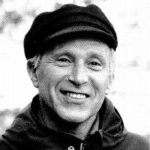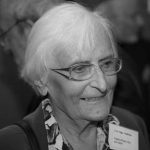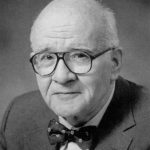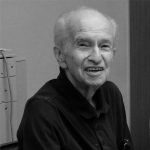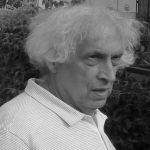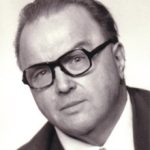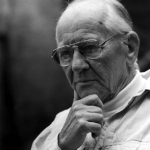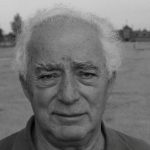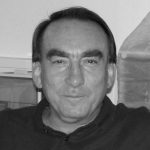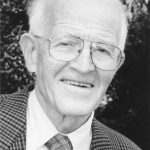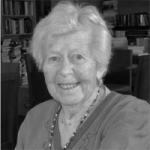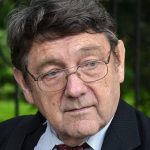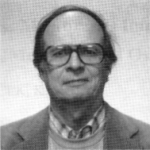History and present

Content of this page
Two outstanding personalities played a key role in the formation and further development of the Institute of Physiology: Prof. Zdeněk Servít and Prof. Arnošt Gutmann. Since 1950, they led the Department of Neurophysiology within the Central Biological Institutes. In 1952, the Czechoslovak Academy of Sciences (CSAV) was founded and Servít’s and Gutmann’s laboratories were joined by a group interested in ontogenetic development headed by Prof. Jiří Křeček to form a section of the new Biological Institute CSAV.
On the basis of successful research and acceptance at home as well as abroad, the Institute of Physiology was officially founded on January 1st, 1954 and consisted of these 3 laboratories. In 1956, the 4th group led by Prof. Otakar Poupa who studied adaptation of the organism to its environment joined the Institute.
The Institute consisted of 4 departments until 1980 when its structure was radically altered. Instead of the 4 departments, 2 sectors (Neuroscience and Developmental Physiology) were formed, a little later supplemented by the 3rd sector (Molecular and Cell Physiology). After the political changes in November 1989, the structure of the Institute was changed into its present shape. The Sectors were cancelled and the laboratories (departments) became directly subordinated to the director. Nowadays, the Institute of Physiology consists of 23 scientific laboratories, whose research is supported by 11 service departments.
One of the important personality of the Institute is also prof. Helena Illnerová. Her life is closely linked with the Institute of Physiology, where her scientific career in 1961 began. She started with the study of chronobiology there and as the first in the world appeared dependency function of the biological clock in the brain of mammals on the length of the day during the seasons. Later she participated in the transformation of The Czech Academy of Sciences where she was as The Chairman in 2001-2005.
There were many scientific achievements attained during the history of the Institute include the critical developmental period and the effect of early weaning on the development of children and juveniles, clarification heart adaptation to high altitude conditions and genetic basis of hypertension as well as research on memory and neuronal synaptic receptors for neurotransmitters. In the tradition of quality research institute continues even today.

